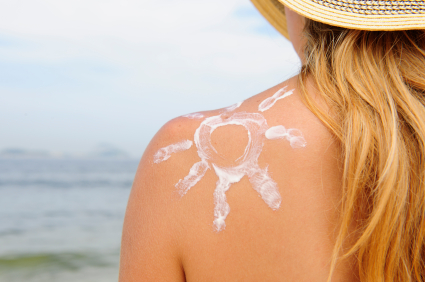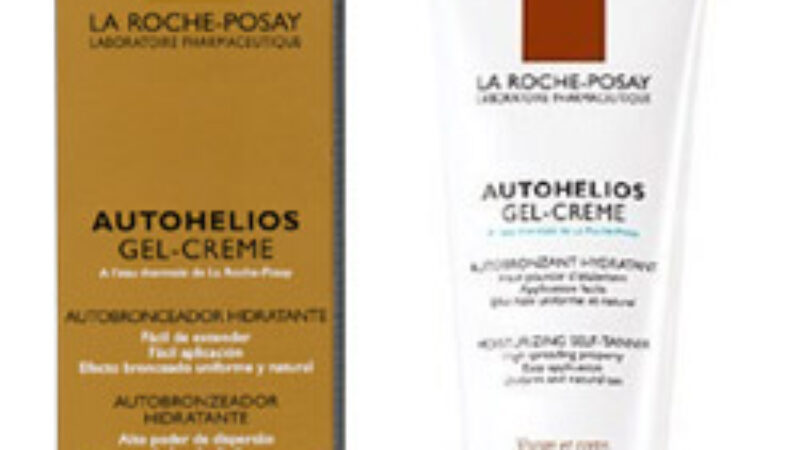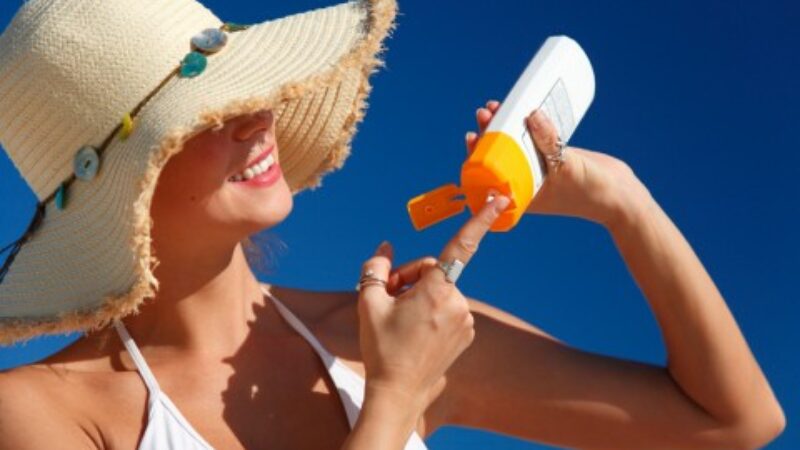Thanks to the US Senate recently passing the Sunscreen Innovation Bill in September, we are one step closer to seeing new and more effective sunscreen ingredients on the shelves at our local store. In in the sunscreen world, that’s big news. If enacted into law, this would push the FDA to review and determine the safety and efficacy of new sunscreen filters in less than one year. Considering the fact that the last time a new sun filter was approved by the FDA was in 2006 and that another eight have long been awaiting approval (some since 2002), a one year time limit is a considerable improvement.
Unfortunately, the number of cases of skin cancer has been increasing steadily during that same period of time. Melanoma, the deadliest form, will claim over 9700 lives in the United States in 2014 alone. It is no wonder, then, that the need for additional, possibly more effective UVA and UVB filters is so desperately needed. When skin cancer accounts for nearly half the cases of cancer in the US, it is clear that more preventive measures are paramount.
So why the delay? The FDA considers sun-filtering compounds as drugs, which must undergo a long process requiring specific safety requirements and documentation. Much of the safety information required for use in the United States is simply not available due to the different approval process in other parts of the world. For instance, Mexoryl XL, an effective sun filter against both UVA and UVB rays, has been available in Canada and Europe for well over five years and is found in top selling Anthelios XL SPF 60 Melt in Cream. Mexoryl XL has been awaiting US FDA approval since 2009.
Having access to good sunscreens is only half the solution. The other half is convincing people to wear it on a daily basis. Although the task may seem daunting in light of such grim skin cancer statistics, we only have to look to Australia where, for the first time, non-melanoma skin cancer rates have fallen over the past decade for those under age 45. Australia’s sun-smart campaign of “Slip, Slop, Slap”, must take some credit. For the past 30 years, Australians have been encouraged to slip on a shirt, slop on some sunscreen and slap on a hat. The proof that the campaign works is just coming to light and that’s encouraging news.
At PhaMix, we’re slightly fanatical when it comes to sunscreens and sun protection. We’ll be watching closely to see where the Sunscreen Innovation Bill takes us, and you can be certain that we’ll pass on the news.




